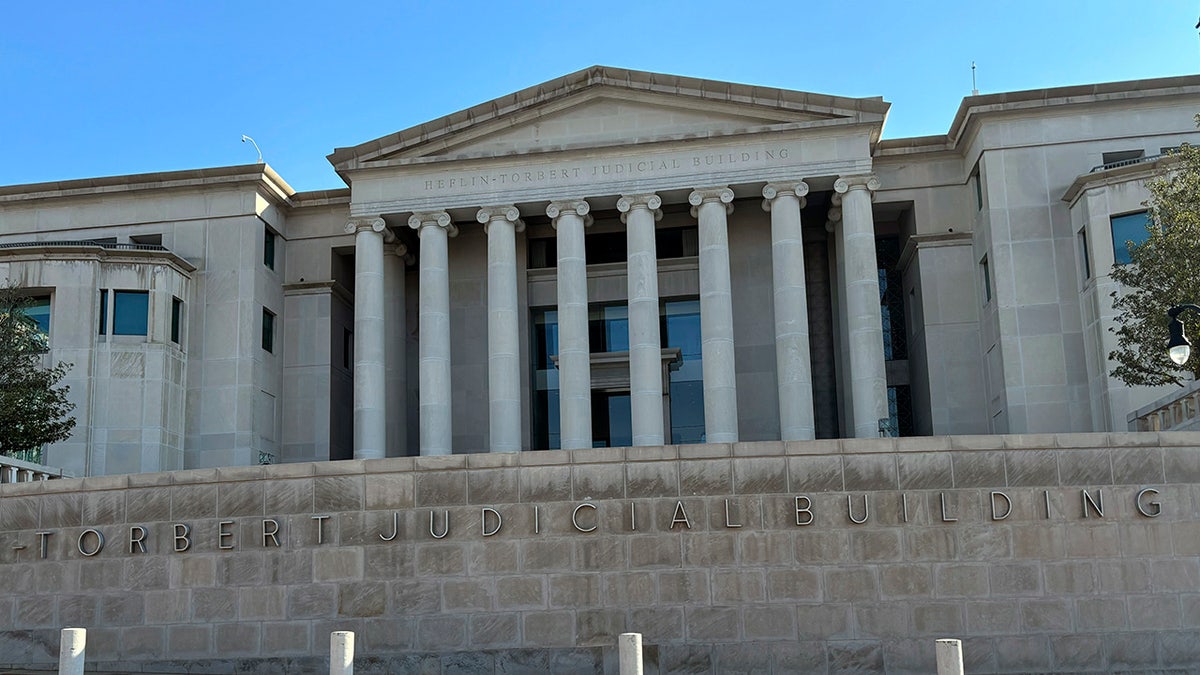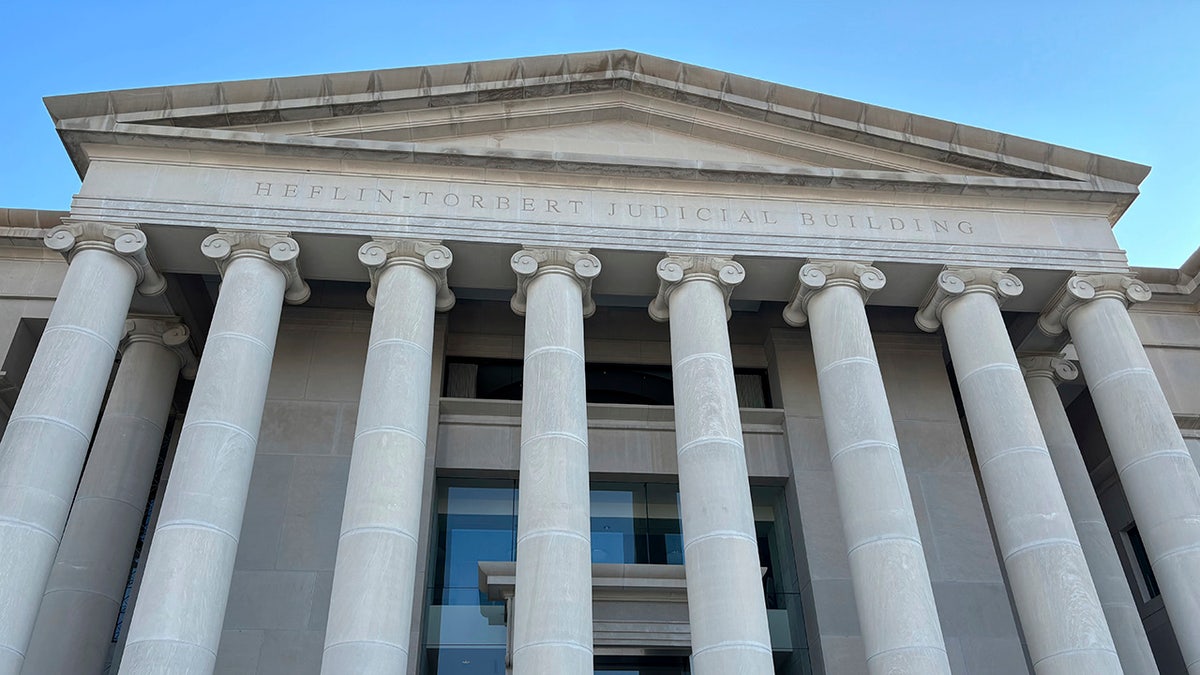Fox News Flash top headlines for February 21
Fox News Flash top headlines are here. Check out what's clicking on Foxnews.com.
The University of Alabama at Birmingham announced on Wednesday it was pausing in vitro fertilization procedures following the state Supreme Court's ruling on embryos.
The UAB Division of Reproductive Endocrinology and Infertility said it made the decision to avoid criminal prosecution after the Alabama Supreme Court ruled last week that frozen embryos created during fertility treatments should be considered as having the same status as children under state law in wrongful death lawsuits.
UAB spokeswoman Hannah Echols explained the university health system remained "saddened" for women wanting to become pregnant through IVF, which involves fertilizing eggs with sperm outside the body in a laboratory and then reimplanting embryos into a woman's uterus for gestation. "We must evaluate the potential that our patients and our physicians could be prosecuted criminally or face punitive damages for following the standard of care for IVF treatments," Echols wrote in an email, according to AL.com.
The state Supreme Court decision was issued in a pair of wrongful death cases brought by three couples whose frozen embryos were destroyed at a fertility clinic when a patient from the hospital walked into the storage area, removed the embryos from a cryogenic freezer and dropped them on the ground.
ALABAMA SUPREME COURT RULES COUPLES CAN SUE FOR WRONGFUL DEATH AFTER EMBRYOS WERE DROPPED

Containers holding frozen embryos and sperm are stored in liquid nitrogen at a fertility clinic in Fort Myers, Fla., seen in this Oct. 2, 2018 file photo. (AP Photo/Lynne Sladky, File)
Justices, citing the Alabama Constitution, ruled that an 1872 state law allowing parents to sue over the death of a minor child "applies to all unborn children, regardless of their location."
"Unborn children are ‘children’ ... without exception based on developmental stage, physical location, or any other ancillary characteristics," Justice Jay Mitchell wrote in Friday's majority ruling by the all-Republican court. Mitchell said the court had previously ruled that fetuses killed while a woman is pregnant are covered under Alabama’s Wrongful Death of a Minor Act and nothing excludes "extrauterine children from the Act’s coverage."
The ruling brought a rush of warnings about the potential impact on fertility treatments and the freezing of embryos, which had previously been considered property by the courts.

The Alabama Supreme Court ruled, Friday, Feb. 16, 2024, that frozen embryos can be considered children under state law. (AP Photo/Kim Chandler)
ALABAMA FROZEN EMBRYO RULING WILL LIMIT FERTILITY TREATMENT ACCESS, CRITICS SAY
According to The Washington Post, lawyers have cautioned that divorce settlements that call for frozen embryos to be destroyed may now be void.
White House press secretary Karine Jean-Pierre said the Alabama decision reflected the consequences of the U.S. Supreme Court overturning Roe v. Wade and blamed Republican elected officials for what she categorized as blocking access to reproductive and emergency care to women, according to The Associated Press.

The exterior of the Alabama Supreme Court building in Montgomery, Ala., is shown Tuesday, Feb. 20, 2024. (AP Photo/Kim Chandler)
CLICK HERE TO GET THE FOX NEWS APP
"This president and this vice president will continue to fight to protect access to reproductive health care and call on Congress to restore the protections of Roe v. Wade in federal law for all women in every state," Jean-Pierre told reporters aboard Air Force One.
The Associated Press contributed to this report.


